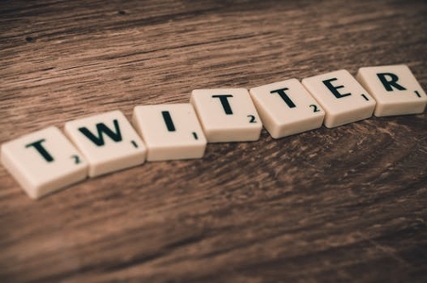When I went to school, we didn’t have social media. Now that my daughter is in college, I’m wondering if students were better off before social media.
This is a question asked by many parents of college students. Before there were laptops, WiFi and Facebook, there were pens and spiral notebooks. Social media facilitates idea sharing, discussion and an instantaneous connection to others. But like any communications device, young people use it to create their own unique world.
Whether we like it or not, social media has taken over the world. Even the POTUS takes to it on a daily basis. Studies show that the average person now spends more time per day on their phone than they do sleeping. Seven in ten Americans use social media to connect with each other, engage with content, share information, and entertain themselves.
Students and younger people spend more time on social media than any other demographic, but is it any good for them?
First, we’ll discuss the positive aspects of social media, which from an educational perspective, are numerous. Teachers can easily collaborate and communicate with students using it, and students have free and easy access to online learning resources. Almost 60% of students report that they use social media to discuss educational topics and school assignments.
Information can be spread far quicker on social media than traditional forms of media such as TV, radio and newspapers. Almost two thirds of Americans use social media now to get their news. Social networking provides access to academic data and research enabling anyone online to access materials that would otherwise have been unavailable to them.
Social media empowers young people to change themselves and their communities for the better. There are countless charity, community, and social projects promoted through social media as it is a huge window to the younger generation. Professional networking is also facilitated by social media, such as job searching, personal marketing and finding new business opportunities.
Of course, anything this good does not come without some down sides. Social media is a huge distraction for teens and students who often spend more time checking their feeds than focusing on their studies. This has a negative impact on performance and grades, with students using social media scoring an average GPA of 3.06 while those that do not average 3.82, according to research. Colleges that introduce bans on smartphones notice a marked improvement in academic performance.
While news and information can be rapidly disseminated, it gives rise to false data and fake news. Social media platforms, explain web developers at Ocean SEO, don’t regulate what is posted so pretty much anyone can post whatever they like with very few repercussions. Certain popular social sites can be considered as the pollution of the internet.
Privacy issues are a major concern with social media. Identity theft is on the rise and young people are too willing to post personal information online without considering the consequences. This also opens users to cyber criminals that use social media to spread malware, clickbait, scams, spam and abusive content. Cyber bullying, relationship breakup, college application rejection, and loss of employment have all been attributed to what has been posted on social media.
There is no definitive answer to your question; it comes down to personal choice and opinion when discussing the virtues of social media.
When you’ve got 5 minutes to fill, Twitter is a great way to fill 35 minutes – Matt Cutts.
(John Regan is a former Director of Sales for equity research).


